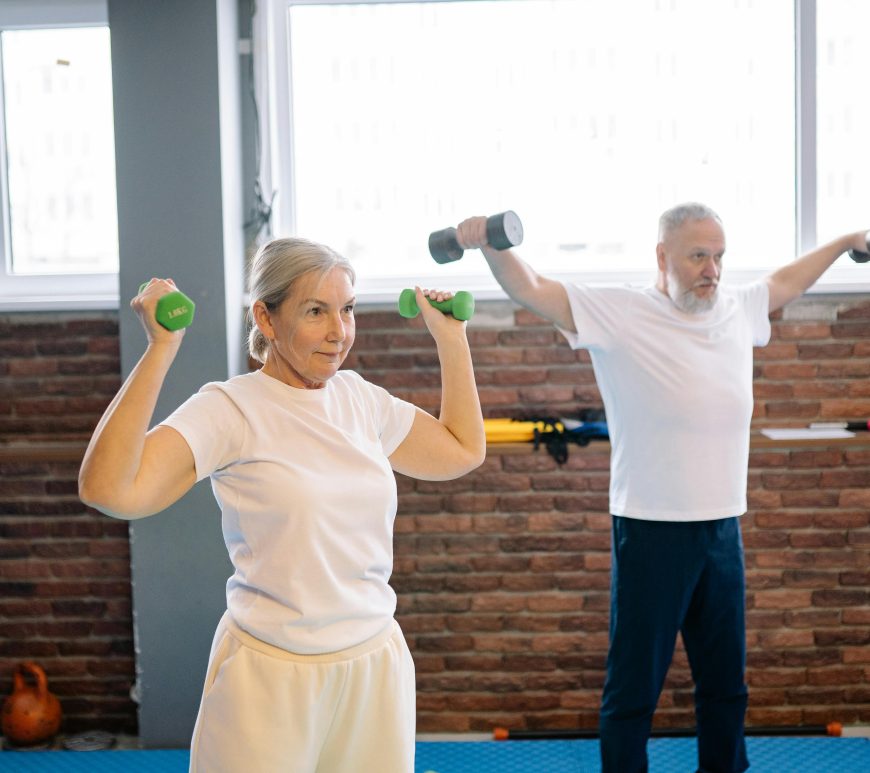
What risks do exercise interventions pose for vulnerable elderly populations?
In 2015, a randomized controlled trial (RCT) sheds light on the safety and risks associated with exercise interventions for elderly individuals who are both mobility-limited and chronically ill. The study, led by Timo Hinrichs and colleagues, aimed to evaluate the adverse events (AEs) experienced by participants engaging in a 12-week home-based exercise program. The trial, known as HOMEfit, involved 209 community-dwelling seniors aged 70 and … Continue reading What risks do exercise interventions pose for vulnerable elderly populations?

